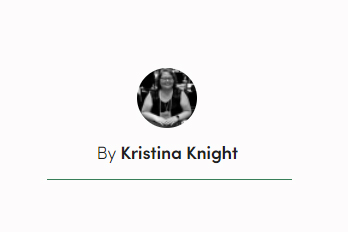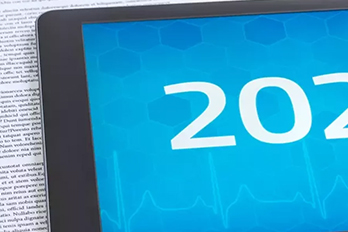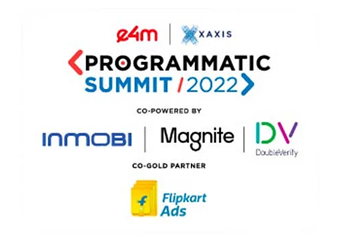Programmatic Trends in Pharma HCP Marketing 2022
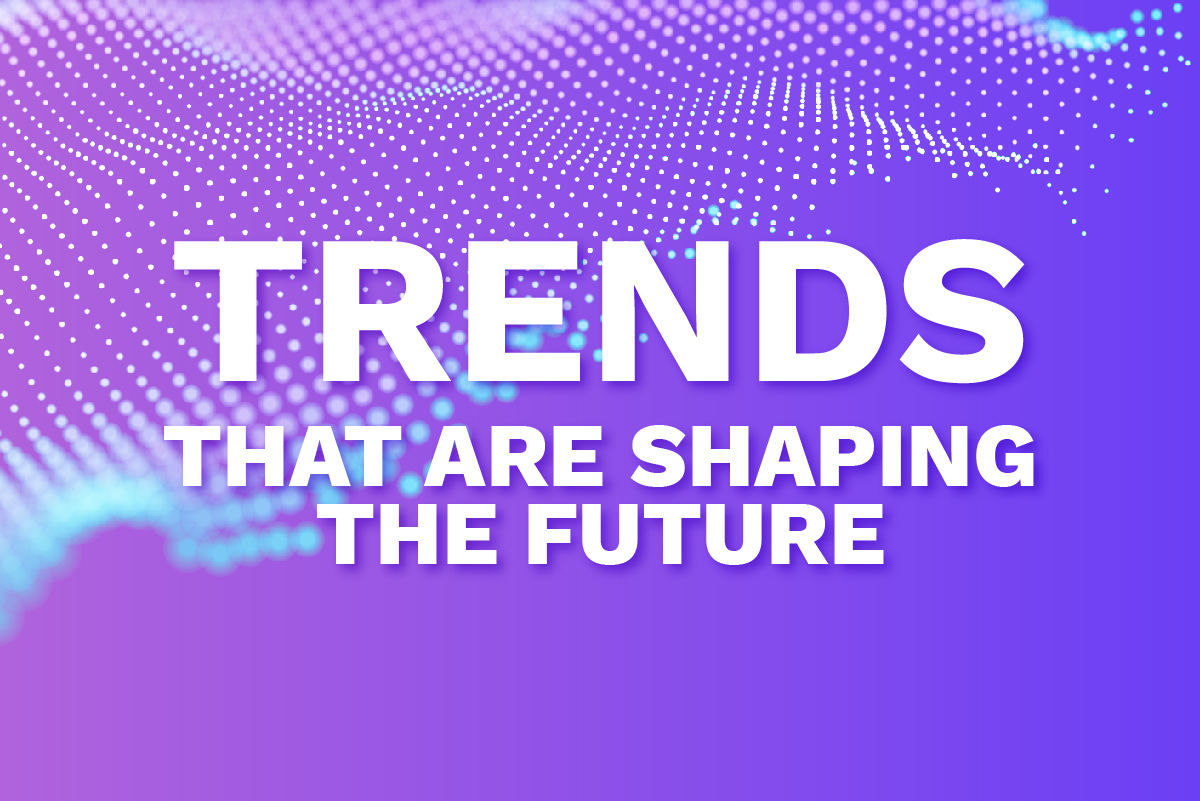



Here is the pressing issue: healthcare practitioners (HCPs) are getting busier by the day leaving little or no face-time for representatives of pharmaceutical companies. What does this mean for pharma marketers? Do they need to reinvent the wheel to achieve better communication? Yes and no.
If we were to see through the lens of a HCP, considering their busy schedules, an idea of good communication would include useful, succinct and easy to consume materials rather than the typical product brochures. So, where do the HCPs go to find such easy to consume content? You got it; the digital media.
Pharmaceutical companies who are sweating it out on digital platforms (and getting it right) are reaping good rewards. If you are a pharma marketer and engaging with HCPs digitally is on your bucket list then you have landed on the right page. Let’s get started with a few hcp marketing tactics that you should apply to engage with busy HCPs.
Clinical data isn’t the only deciding factor for physicians to prescribe a particular drug. There are several other factors such as clinical protocols, the price of the drug and the type of patients to whom the drug can be prescribed. In order to get all this information, physicians are shifting to a broader array of information sources, especially online sources. Catering to such information needs would require pharma marketers to identify and profile HCPs by their demographics (age, specialization, geographic location), activities and content consumption behavior. Digital technology such as the Espyian AI engine integrates with live databases of HCPs and helps in identifying an individual HCP and creates their unique profile.
Videos and case studies rule the roost when it comes to impactful pharma marketing. Here are four reasons why.
They don’t beat around the bush – Videos and case studies are short, to the point and focused on the important information. There is a logical flow which starts with a problem statement and arrives at the end-result which all physicians appreciate.
They are convenient – For all the time-starved physicians, videos and case studies come as an easily consumable form of content which they can watch/read at a convenient time.
They enable better retention – Research shows that videos help viewers retain 95% of the message as compared to 10% in the case of plain text. Case studies with pictorial representation of process/results also contribute to better retention of information.
They build trust – Videos and result-oriented case studies lend credibility to any claims that a marketer might make. The content presented in such a format is well-organized and less confusing for physicians, thus winning their trust.
Any digital strategy that performs well has a particular focus on the funnel. The core of a pharmaceuticals marketing strategy should be dynamic messaging that becomes increasingly personalized as an HCP moves down the marketing funnel. Such sequential communication is easy to execute with powerful AI engines such as the Espyian which enable marketers to control the time taken to convert a HCP.
This is where pharma hcp marketing on digital platforms truly pays off. With tools such as programmatic media buying, marketers can track the returns for every dollar spent. With self-service platforms like Doceree, marketers know whom they are targeting, on which channels, how often and can track the result of all their marketing efforts in real-time. It also helps pharma marketers to optimize both their content and costs.
Doceree is the world’s 1st Ad exchange for branded Healthcare Professional (HCPs) advertising. Powered by Espyian,a proprietary HCP validation engine that identifies and precision targets over 1 million* physicians across the United States for non-personal promotion and personalized experience.
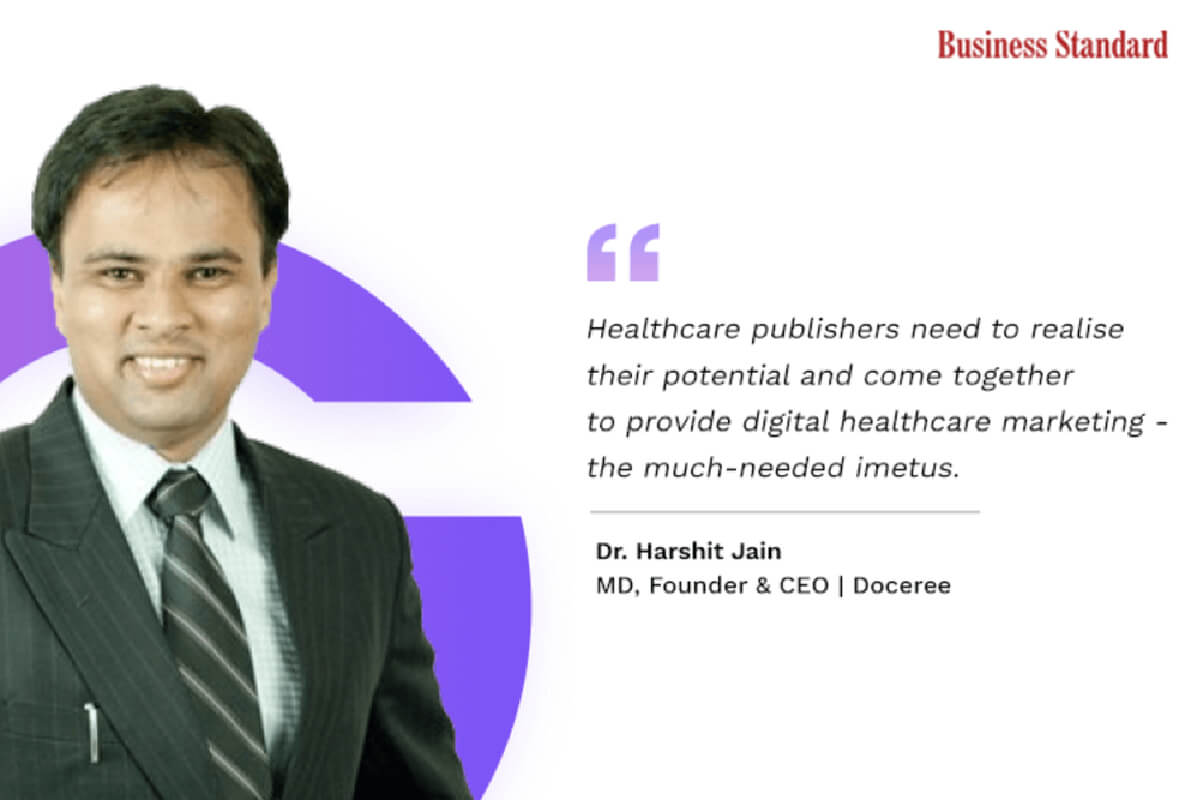

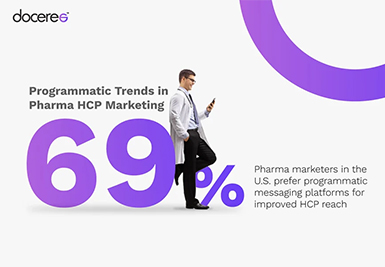


EHR and telehealth platforms leveraging programmatic solutions to better engage healthcare experts, creating huge opportunity for pharma brands
PARSIPPANY, NJ – January 13, 2022 – Amid the turmoil of the recurring waves of the pandemic, pharma marketers are shifting their focus to new and innovative solutions to engage healthcare professionals (HCPs), which has led to acceleration of programmatic messaging technologies in the sector.
As the latest report by Doceree, the first global network of HCP-only platforms for programmatic messaging, suggests around 69% of pharma marketers in the U.S. now prefer programmatic messaging platforms to reach out to HCPs, utilizing its ability to segment healthcare experts and align their communication for optimization and better business outcomes.
To understand how programmatic is evolving, Doceree delved into the inventory and campaign behavior trends of its various partners, studying 1,100 campaigns. These were run on a mix of 165 publisher platforms via Doceree by 102 advertisers – consisting of consumer healthcare and medical devices companies, life sciences brands, hospitals, and diagnostics, covering more than 100 specialties.
The report – ‘Programmatic Trends in Pharma HCP Marketing 2022’ – points that pharma’s digital ad spending has risen considerably worldwide and the trend is expected to grow further on the back of programmatic fueling its growth.
“We are seeing 5 out of 10 dollars spent on digital being set aside for programmatic messaging,” said Harshit Jain MD, Founder and Global CEO, Doceree. “The outlook for digital campaigns targeting HCPs within digital channels is promising as we see pharma brands earmarking a significant budget to programmatic marketing.”
In addition, the report captures the latest trends that are shaping the programmatic pharma HCP marketing space:
Programmatic gains prominence among endemic publishers
In 2021, there was a jump up to 53% in the exposed programmatic inventory of endemic publishers – HCP-only digital platforms such as medical education sites, HCP networking sites, medical associations, and medical journals that HCPs visit to advance their professional knowledge or to connect with their peer group – on the back of their partnership with specialized ad exchanges.
First party data makes contextual marketing valuable
Piqued interest of pharma brands in first party data and a significant surge in performance campaigns on endemic walled garden, and point-of-care platforms – e-prescribing (eRx), telehealth, and electronic health record (EHR) platforms – where data is collected directly from the HCPs via log-ins. There has been a 39% year-on-year increase in the usage of such platforms.
Big opportunity in HCP’s clinical workflow
Point-of-care networks are valuable assets for pharma marketers to enrich communications during an HCP’s workflow – from lab test to the stage of diagnosis to writing a prescription – and deliver informative messages at decision-making moments while they are in a professional mindset. Further, 29% of marketers globally are mulling boosting budgets for trigger-based campaigns on point-of-care channels as they are in dialogue with partners for planning and activation.
Account-based marketing creates a buzz
Brands are eager to keep up their spending across secondary-based institutions such as hospitals, nursing homes and research institutes in 2022 when targeting HCPs of a particular specialty. The data analysis of the report disclosed a 135% increase in spending on account-based campaigns by brand marketers handling medical devices in 2021 over the previous year.
“When executed properly, programmatic is a powerful tool to bring targeted scale for pharma marketers,” adds Jain. “For publishers, it offers promise to align relevant messaging and platform experience for HCPs visiting the respective sites.”
About Doceree
Doceree is the first global network of HCP-only platforms for programmatic messaging. Doceree facilitates messaging between life sciences brands and healthcare professionals through an extensive global network of digital endemic and point-of-care platforms to programmatically deliver at scale accurate and transparent messages to HCPs. To learn more, visit doceree.com
